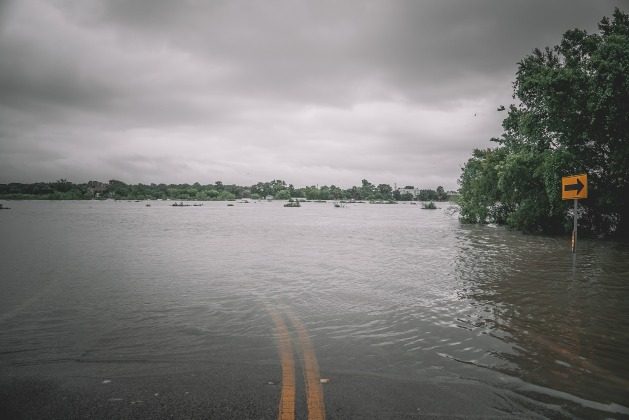Record-breaking rain, flooding events, and other weather impacts people and our ability to grow crops successfully, including wheat, soybeans, maize, and vegetable crops such as tomatoes, which we depend on to meet human food security and nutrition needs.
In the US Midwest, for example, flooding events of 2019 resulted in economic impacts exceeding 6-8 billion USD. In 2023, weather-related disasters resulted in over $21 billion in crop losses. On the African continent, a recent study found that record-breaking rainfall and flooding events contributed to food insecurity.
Predictably, like humans, plants, including maize, soybeans, and tomatoes, are sensitive to flooding. I have seen firsthand the detrimental impacts flooding has on crops such as maize and tomato as a child growing up on a farm in Kenya and today as a University Professor and a researcher at the University of Illinois Urbana Champaign working on a flooding field study that the United States Department of Agriculture funds.
During flooding, plant growth and development are impacted by the deprivation of oxygen, an essential and indispensable element that powers all critical below-and-aboveground plant life-sustaining metabolic and physiological processes, including respiration and photosynthesis.
…




